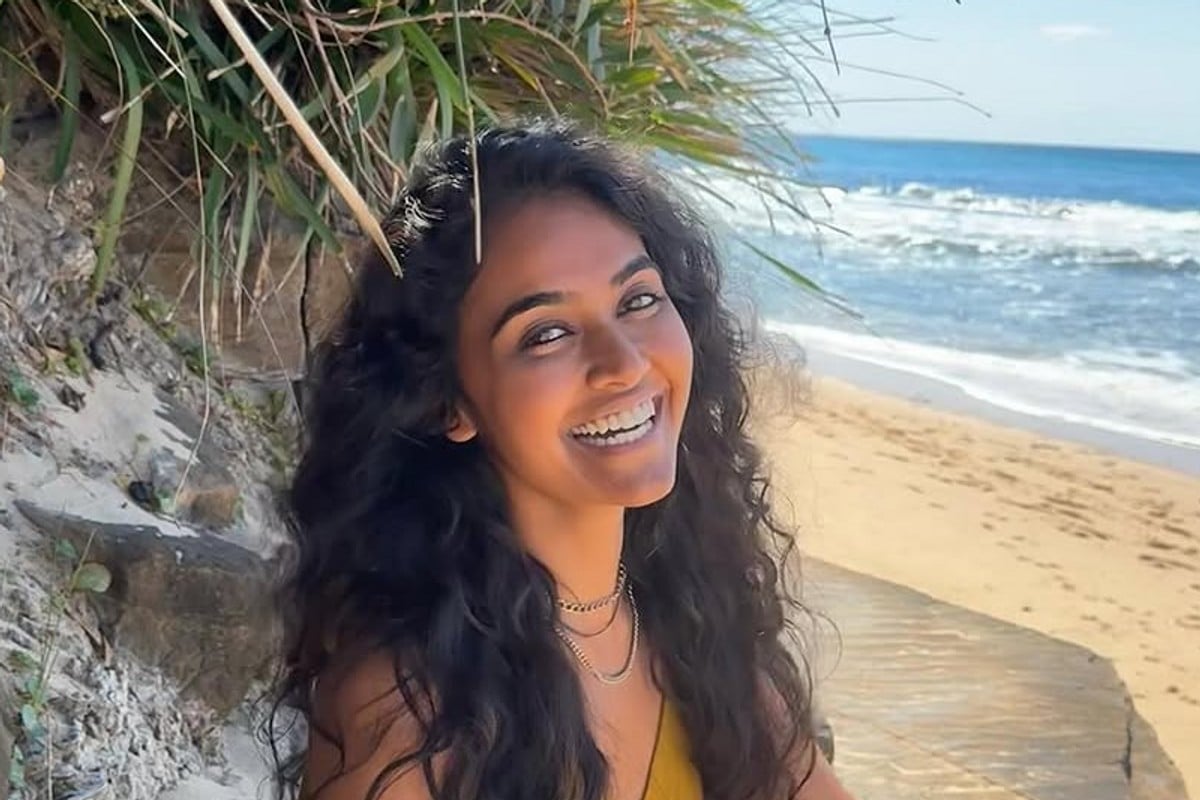
You know the moment.
You're smiling, nodding, saying yes, while something inside you quietly crumbles.
You don't want to disappoint them.
You don't want to start a long conversation.
You don't want to be "too much," or "too difficult," or, god forbid, selfish.
So you say yes, even when you want to say no.
We all do it. Especially with the people we love most. But I've learned something the hard way: saying no, when it's honest and kind, isn't selfish, it's sacred. And it might just be the thing that saves your relationships from resentment.
Let's start with the word itself:
No.
Two letters. One syllable. And yet somehow, saying it can feel like the most emotionally complex thing in the world.
Listen: Do you ever find it hard to say "no", especially to the people you care about most? Post continues after podcast.
I still find it hard to say no, especially with the people closest to me. My husband. My family. My best friends. If you had to slap an unofficial diagnosis on me, I'd be a lifelong people pleaser.
I was the "nice girl" — the happy, friendly one who always wanted to be liked. Never rock the boat. Never cause a fuss. Definitely never have anyone talk badly about me.
My husband and I have been together since high school, over 15 years now. And like most couples who've grown up together, we've had to unlearn a lot of old stories. One of mine, and I absolutely blame Disney for this, was that "good relationships" don't include conflict.




























































































